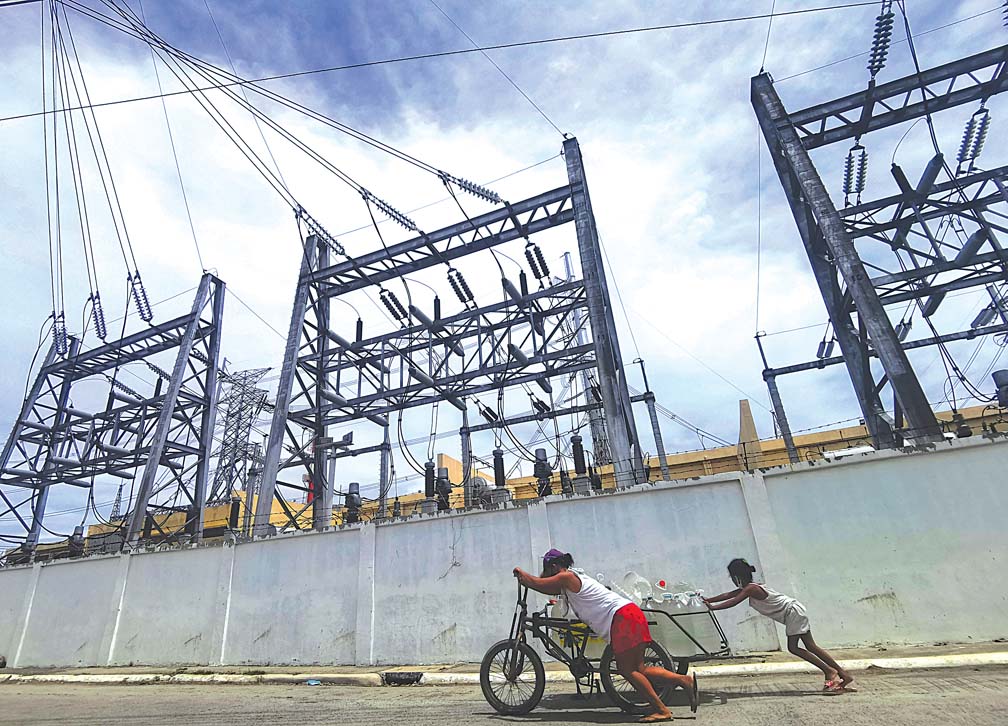ILOILO CITY—Member-economies of the Asia-Pacific Economic Cooperation (Apec) are urged to harmonize regulations on agricultural biotechnology to hasten trade in the region.
In a media briefing on the sidelines of the Apec High Level Policy Dialogue on Agricultural Biotechnology (HLPDAB) Meeting here on Thursday, Department of Agriculture-Biotechnology Advisory Council (DA-BAT) Chairman Saturnina Halos reiterated the importance of aligning policies in agricultural biotechnology among Apec economies.
Halos said having common policies in agricultural biotechnology can result to faster movement of agriculture products, as well as cutting trade cost of these commodities.
Agricultural biotechnology uses scientific tools and techniques that modified agriculture products for purposes of increasing yields, introducing nutritive value on crops, and making crops more resilient to weather and pests.
She said one of the regulations that need to be aligned is the series of studies required before a crop or commodity that undergone biotechnology can access a particular market.
“It’s difficult to trade with different regulations. If one market requires this study while the other market doesn’t require it, you will still undergo to that particular study required in the former market, which means additional cost to the importer,” she said in Filipino.
“We need to hasten trade and reduce its cost,” she added, noting that one of Apec’s goals is to push for open and free trade.
Harmonizing the regulatory systems is relative to the region with the growing trade of biotech crops among Apec economies.
Halos cited that in the United States, about 80 percent of its biotech corn crops are exported, while the Philippines is heavily importing biotech soybeans from the US.
Currently, only seven of the 21 Apec member-economies are engaged in agricultural biotechnology farming, which include the Philippines, US, Canada, China, Chile, Australia and Mexico.
Vietnam and Indonesia are also adopting biotechnology into farming, the DA-BAT chairman said.
However, it was noted that the complex policies on trade of products applied with agricultural biotechnology limit the trade flow of these products in the Apec region.
Halos noted that farmers who utilize biotech crops globally increased their yields by 22 percent, while profits were up by 68 percent.
From 1996 to 2012, global net economic gains at the farm level reached $116.6 billion with the use of agricultural biotechnology.





























